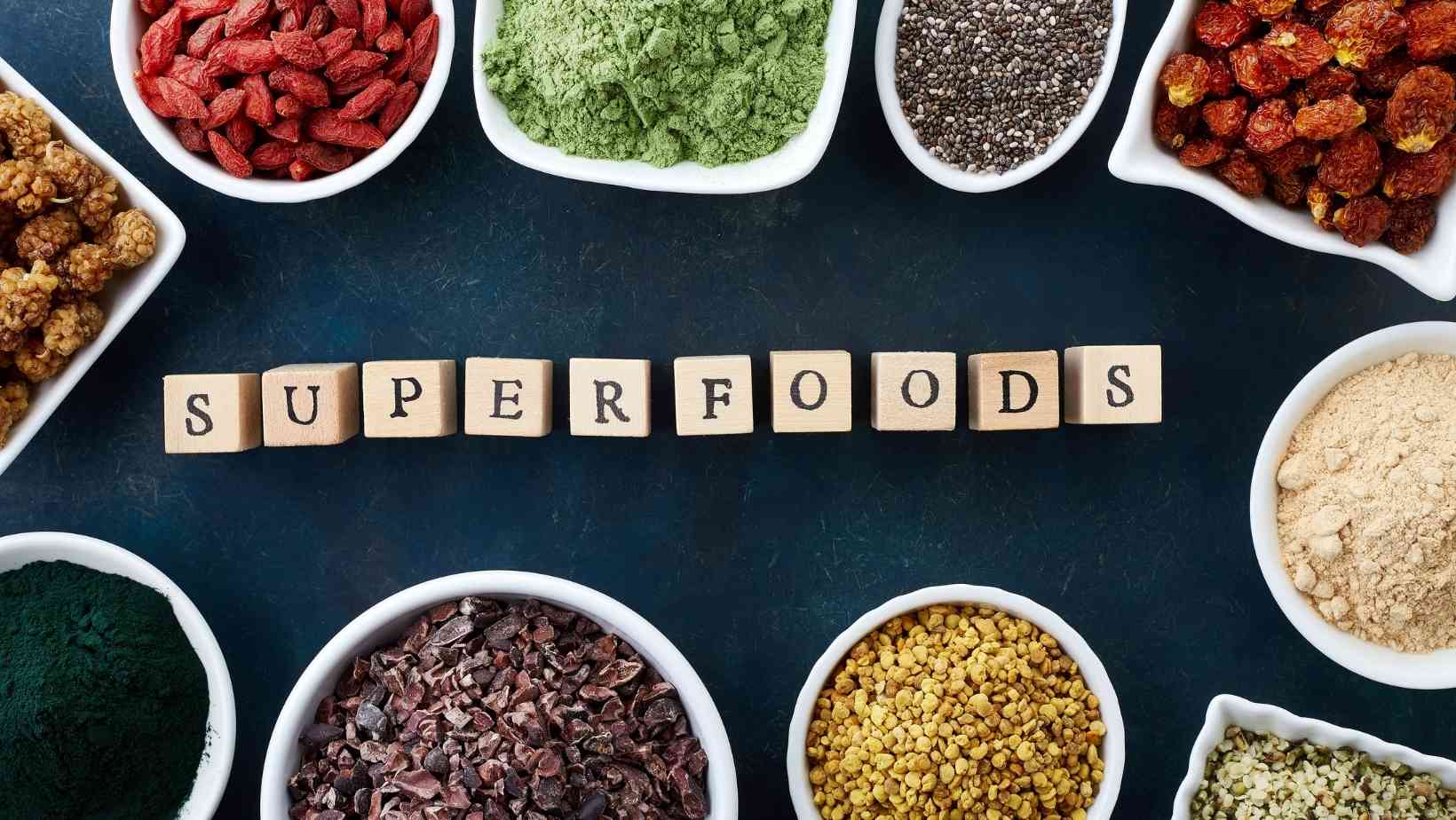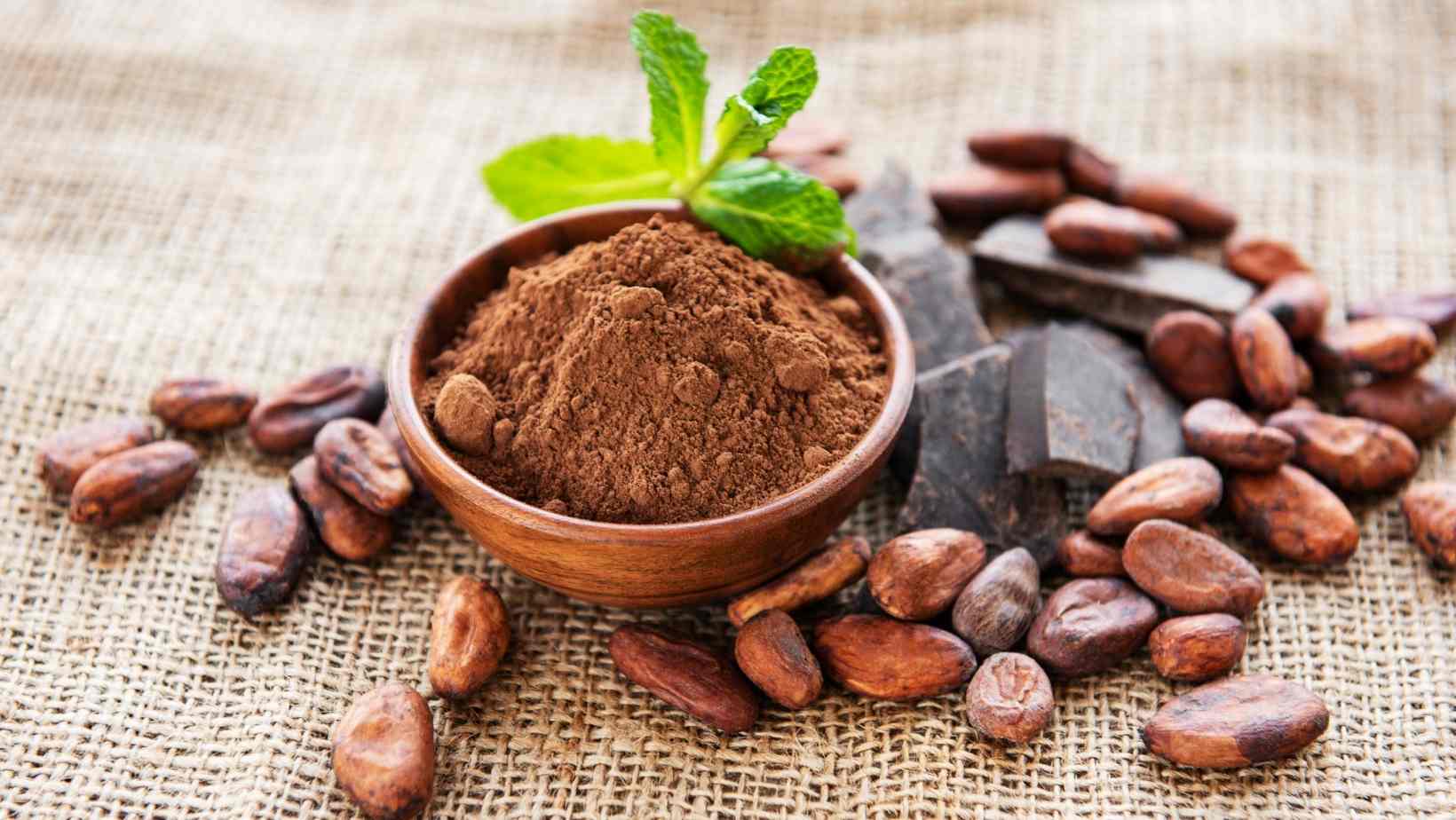We've all heard the phrase "superfood" before. No, we're not talking about a cape-wearing, spandex-clad snack (though that statement should be reconsidered, considering not all heroes wear capes).
Simply explained, superfoods are nutrient-dense foods that provide a high concentration of minerals and vitamins. We're talking about food that's high in antioxidants, omega-3 fatty acids, fiber, magnesium, protein, calcium, and iron, among other nutrients that are incredibly excellent for you.
Superfoods have been shown to promote health and may help prevent diseases such as heart disease, diabetes, and digestive problems. But are they worthwhile, and where do you begin?

It's important to understand what you're receiving from these nutrient-dense meals if you want to get the most out of them. So we spoke to Amy Shapiro, MS, RD, CDN, founder, and director of Real Nutrition, about which superfoods provide the most bang for your buck and have a longer shelf-life. Shapiro's selections for the meals that carry a major wellness punch are listed below.
Dark Leafy Greens
When frozen, the shelf life is up to a year.
Spinach, kale, collards, and arugula are some of the most common examples (to name a few). You've probably picked them up fresh from the vegetable section, but have you ever bought them frozen or in bulk? It's time to get started. They're low in calories but high in fibre, and they may help with liver cleansing, digestion, and skin and eye health. Spinach's mild taste makes it adaptable enough to use in stir-fries, omelets, and smoothies, while kale makes a great salad base. We suggest stocking up at your local supermarket. $1.50 for each bunch (frozen)
Chia Seeds
Up to 4-5 years on the shelf
Welcome to the world's most versatile superfood! Chia seeds are strong in omega-3 fatty acids as well as fiber. They also aid in hydration by absorbing water and retaining electrolytes. What's even better? Salads, yogurts, baked products, smoothies, and acai bowls are all ideal places to put them. They have a faint nutty taste but don't worry about them ruining a dish since any other flavor will cover it up. Shapiro also reminded us that a little amount of anything may go a long way. If you use a tablespoon in a dish, one bag might last months. They also have a long shelf life, so you may store them in your cabinet or fridge for a long period. The price per pound ranges from $9 to $13.
Wild Salmon in Cans
Up to 3 years on the shelf
Salmon in their natural state needs no introduction. Wild salmon may be fashioned into patties or added to a salad or grain bowl, and it's free of dyes and animal feed. We also like the advantages: high protein, no chemical additions, and enough vitamin B12, B6, and potassium.
Shapiro advises canned sardines for extra points. They're nasty, but they're a good source of omega-3s and protein, so consider them a better alternative than tuna. Plus, they're easy to carry. Depending on the brand, can range from $2 to $9.
Cacao
6 months to 1-year shelf life
Family-friendly, budget-friendly, and scientifically proved to be naturally calming: Of course, we're talking about cocoa. If you're thinking about chocolate, you've come to the right place. You're not entirely incorrect. Cacao refers to the chocolate's dried seeds, which are abundant in magnesium, antioxidants, calcium, zinc, copper, and selenium. You may add them in coffee, baked products, and even create your own hot chocolate with them. Cacao, according to Shapiro, may aid with depression and functions as a natural mood enhancer by triggering neurotransmitters including serotonin, dopamine, and phenylethylamine. $0.45 per ounce sold

Wild Blueberries
When frozen, the shelf life is up to a year.
Antioxidant-rich and lovely in color. You may be wondering what makes wild blueberries distinct from their farmed counterparts. The way they're raised is the solution. They aren't grown, and they have a greater degree of antioxidants, a stronger taste, and are usually smaller in size (so you get more in a package). However, according to Shaprio, their advantages are limitless, since they may aid in weight reduction, brain health, and heart and cognitive functioning. They're available in the freezer department all year, so you'll never be without them in your smoothie or on top of your yogurt. You may also put them into your morning oatmeal. 10 ounces for $3.




